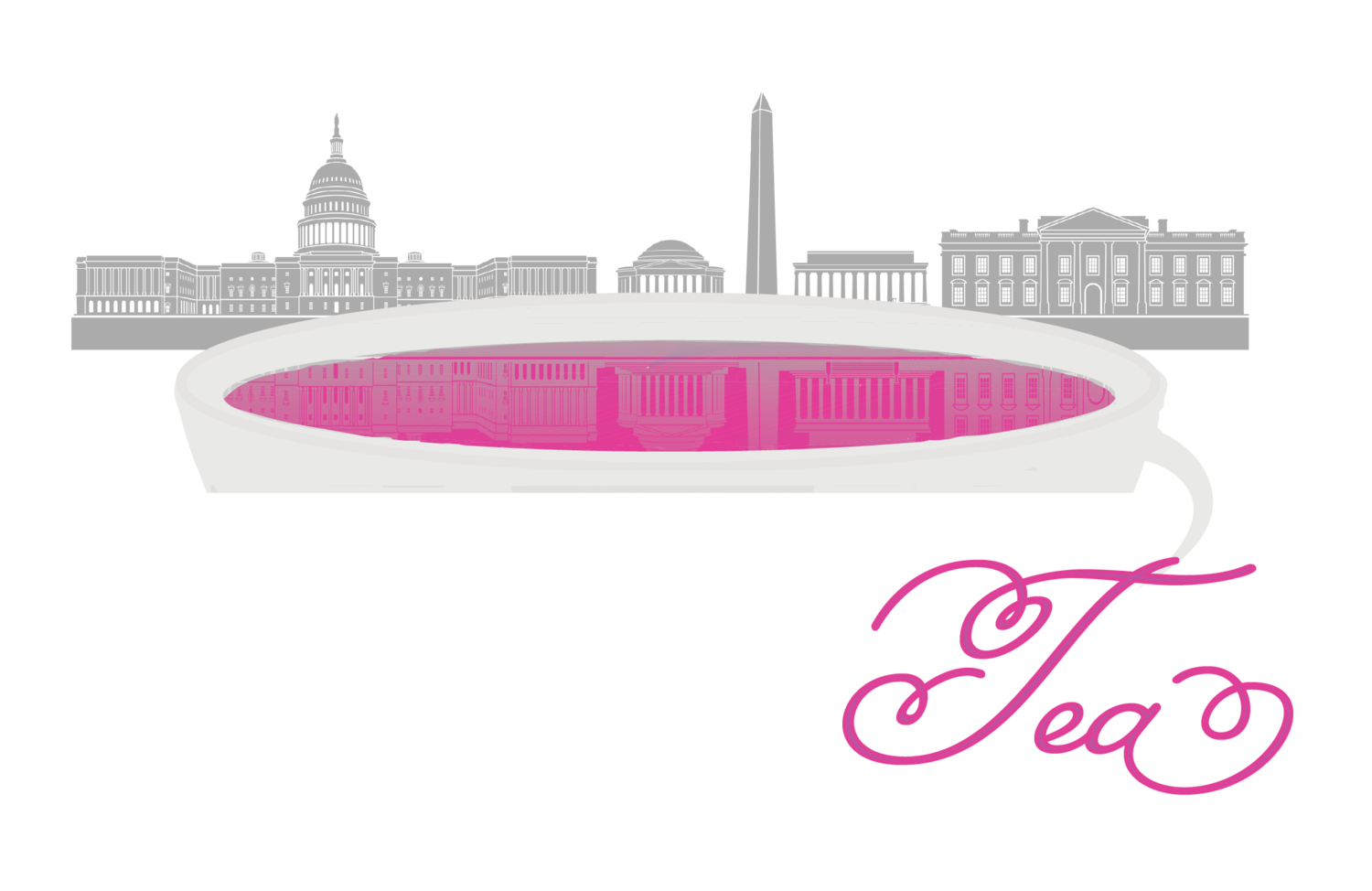How the Deaths of Michael Brown and Trayvon Martin Changed My Life
By: Kayla Pasacreta
Trayvon Martin, photo via ABC News
February 26, 2012: 17-year-old Trayvon Martin is killed by neighborhood watchman George Zimmerman.
July 13, 2013: I am glued to the TV to watch the trial. George Zimmerman is acquitted for murdering Trayvon Martin.
Protests follow. The cries of black people are plastered over the news. We didn’t know that just a year later, we would be forced to protest for unjust treatment again. We didn’t know that this time, we would not even be granted a trial.
On August 9, 2014, Michael Brown was killed by a police officer in Ferguson, Missouri. His lifeless, 18-year-old body was publicly left out in the street for four hours in the looming Ferguson heat.
Being 16 years old at the time, I knew the world wasn't perfect, but I was almost blind to the deep racial wounds and scars the country still carried. I was just a baby during the LA riots. I didn’t know the roots of racism and biases were still glued to the country’s core.
Michael Brown's death forced the rest of the world to recognize that, too. After the death of Michael Brown, there were protests, riots (all involving tear gas), posts on every social media forum with people giving their take on the death of Michael Brown. America was forced to pay attention. The extraordinary movement that came from Brown’s death was called Black Lives Matter. In protests, people chanted “Black Lives Matter”. On Twitter, #BlackLivesMatter trended for days. With the rise of the movement, some people who just didn’t fuckin’ get it called it racist. Why couldn’t we say All Lives Matter? Why did we believe all cops are bad? Why couldn’t we focus on black-on-black crime?
Criticism aside, the Black Lives Matter movement was visible. Whether you liked it or not, you knew about it. And for me, the movement changed how I use social media. I’ll never forget that the days following the death of Brown, my Twitter profile was covered with tweets about the situation in Ferguson. I didn’t care who I was annoying. I felt like I could use my account to inform people on how much work our country needed. I needed people to know that Trayvon Martin, Michael Brown, Eric Garner, Sandra Bland, and countless others didn’t deserve to have their lives taken. “Black Lives Matter” was more than a hashtag. It made me believe I could have equal stake and a prominent voice in a movement that was so necessary.
peaceful protest in Ferguson
Some people I followed were tweeting, bashing the idea of “Twitter activism”. Boy, if only they recognized the power of a hashtag. J. Cole went on David Letterman to rap “Be Free”, singing, “Can you tell me why…every time I step outside I see my niggas die?” Cole went on to rap to a primarily white audience about police brutality. President Obama even spoke from the White House briefing room about Ferguson, stating, “We need to recognize that the situation in Ferguson speaks to broader challenges that we still face as a nation. The fact is, in too many parts of this country, a deep distrust exists between law enforcement and communities of color. Some of this is the result of the legacy of racial discrimination in this country.” The story of Michael Brown made it everywhere – whether it was a late night talk show, the White House, or in social forums. The hashtag Black Lives Matter and Ferguson changed everything.
In this day and age, tweets and trending topics have the power to spark a conversation; the power to force people to acknowledge the uncomfortable truths about the lingering injustice in the country. The hashtag Black Lives Matter made it much more difficult to cast a blind eye to the injustices done to black people. The hashtag did, and continues to, make us visible.
And, unfortunately, the death of Michael Brown made injustice painfully visible to me. When I drive, my heart races a little every time I see a cop driving near me. I worry a little when I’m in the car and see a white officer pull over a black driver. I’m no longer surprised when I hear about innocent black people who were killed by the police. I’m no longer shocked by “not guilty” verdicts given to police officers.
The death of Michael Brown and the rise of the Black Lives Matter movement that followed were my first true calls to activism. I found the power in my voice, the power in resistance. I practiced this same power when I saw how Donald Trump treated marginalized communities. I saw my mom exercise this same power when she was among the millions of women who came out to the Women’s March to protest the presidency of Donald Trump. I continue to exercise this power as I embrace being a part of the resistance movement, unabashedly opposing the man the United States elected as President.
Now, my initial calls to activism have now been reinvigorated with the deaths of Ahamud Arbery, George Floyd, Breonna Taylor, and Rayshard Brooks. Our people are continuing to be hashtags - it’s never-ending.
Ahmaud Arbery matters. George Floyd matters. Breonna Taylor matters. Rayshard Brooks matter. ALL Black lives matter. Resistance matters.






